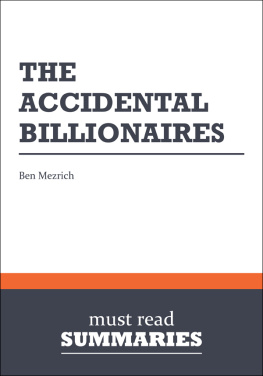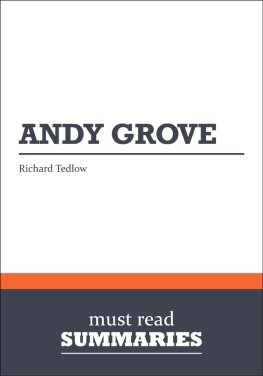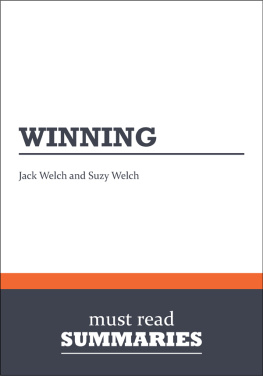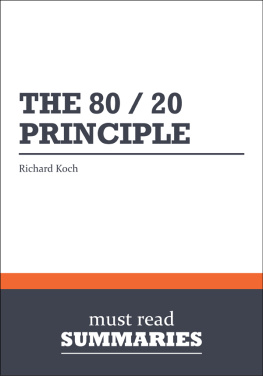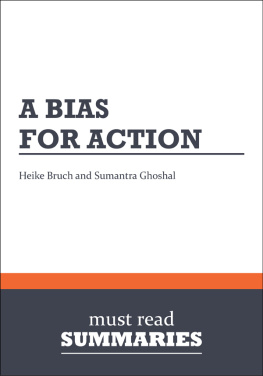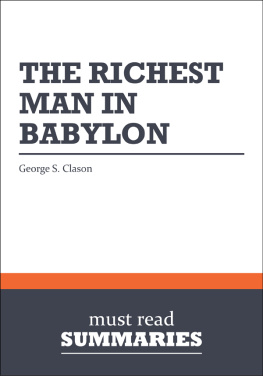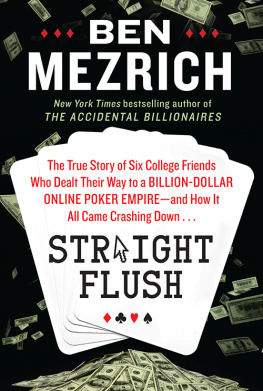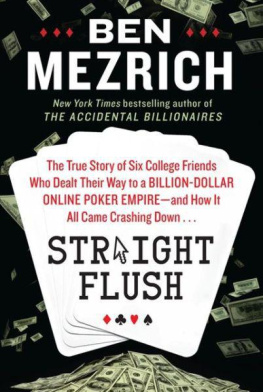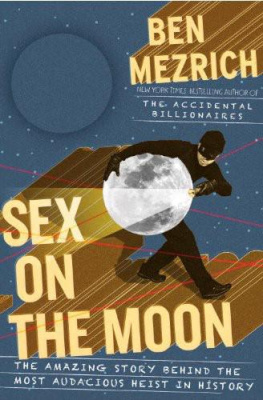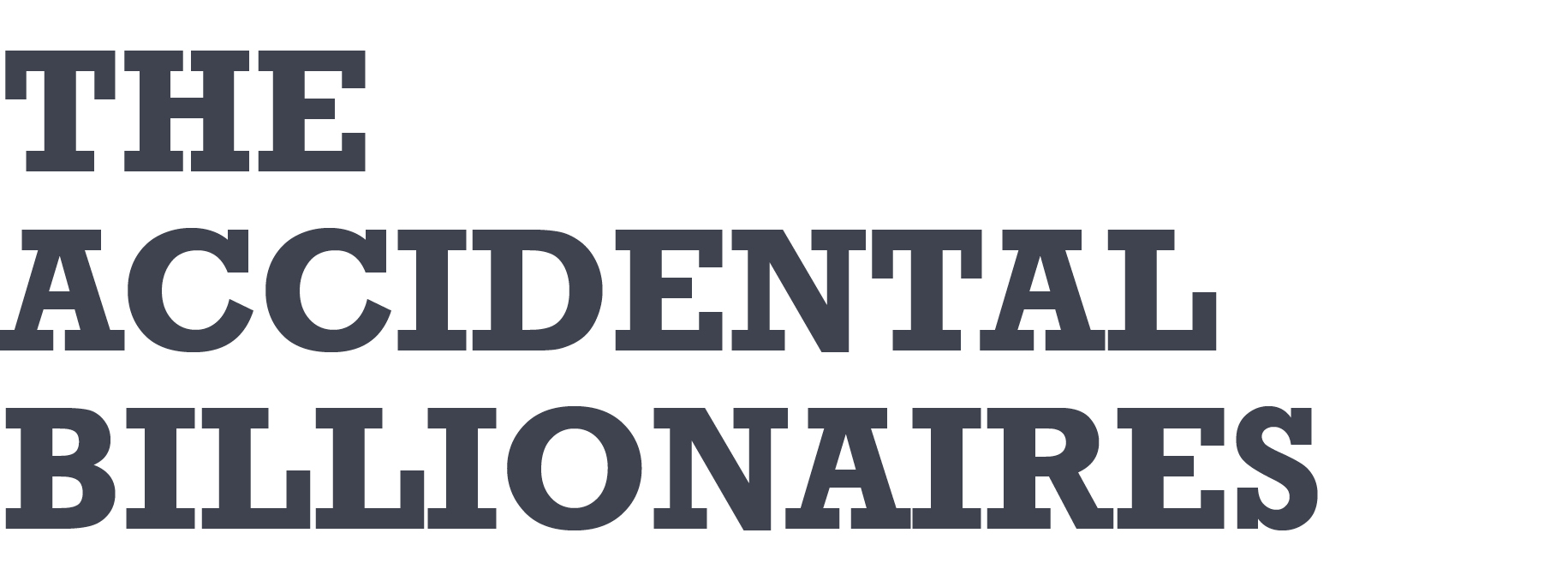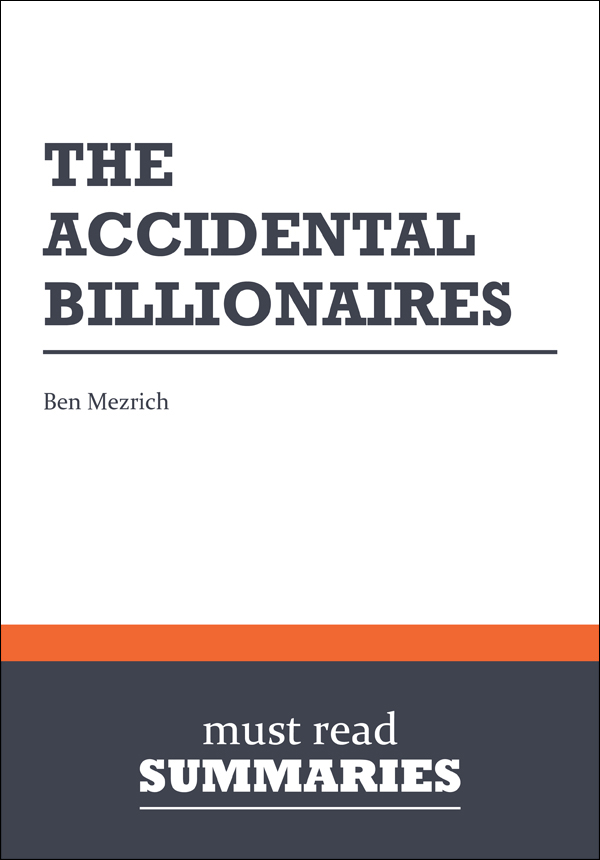9. Going Separate Ways
By April 2005, Facebook was continuing to make impressive progress. The Web site had sailed passed the one million members mark, zoomed passed two million and was now closing in on three million members. It was now in over five hundred campuses and seemed to feature in every magazine at the newsstand and on every new show. It seemed like everyone was part of the Facebook juggernaut.
Mark e-mailed Eduardo in early April asking him to come out to California for an important business meeting and to train a new hire. He mentioned some major venture capital firms had expressed interest in Facebook and there was a chance one of these funds would be investing soon. Mark also casually mentioned he, Dustin and Sean were thinking about selling some of their stock about two-million dollars apiece if the deal went through. This was a real wake-up call to Eduardo because his stock purchase agreement had included a long vesting period before he could sell. He had naively assumed Mark, Dustin and Sean had similar restrictions on their ownership stakes, but apparently that was not the case. Eduardo decided hed better make the trip out to California to attend the business meeting and reestablish his role as Marks founding partner.
However, when Eduardo arrived in California on April 4, 2005, he went to the new Facebook offices and was met by a lawyer. Mark was nowhere to be seen and the lawyer insisted the documents had to be signed immediately.
As Eduardo started to read the legalese, he realized that his trip to California wasnt about a business meeting. This was an ambush. To Eduardo, this was a betrayal, pure and simple. Mark had betrayed him, destroyed him, taking it all away. It was all right there, in the papers in his hands, as clear as the pitch-black letters imprinted on those ivory-white pages.
Ben Mezrich
Eduardo was given a document which increased the number of shares in Facebook up to almost 21 million shares dated March 28. There was also another document issuing 3.3 million shares to Mark Zuckerberg, 2 million shares to Dustin Moskovitz and more than 2 million shares to Sean Parker. Eduardo immediately realized he was in effect being diluted out of the company. His current 34 percent shareholding would be diluted to a very small percentage by the issue of the new shares.
The lawyer droned on, explaining the new shares were necessary, that there were interested venture capitalists who would need them, that Eduardos signature was a formality, that the shares had already been authorizedanyway, that it was good and necessary for the company, that it was a decision that had already been made No. Eduardo refused to sign away his ownership of Facebook. He refused to sign away his accomplishment. He had been there in the beginning. He had been there in the dorm room. He was a founder of Facebook and he deserved 30 percent. He and Mark had an agreement.
Ben Mezrich
The lawyer responded by pointing out to Eduardo he was no longer a part of the management team, was not an employee of the company and was only connected to the company by his early shareholding in Facebook. It was almost as if Mark Zuckerberg had expunged Eduardo Saverin from Facebooks corporate history altogether. Eduardo couldnt believe what he was hearing and left the Facebook corporate offices to head back to Harvard without even getting to see Mark.
While Eduardo was going through all this, Mark and Sean were busy in the background continuing to grow Facebook. Almost every one of Silicon Valleys most prestigious venture capital firms were clamoring to invest in Facebook. Mark and Sean eventually chose to go with Accel Partners.
Very soon, Accel was going to invest close to thirteen million dollars for a small stake in the company an investment that would put Facebooks valuation at close to one hundred million dollars. After only fourteen months. One hundred million dollars. And that, too, was just a starting place. Within six months, Sean was certain they would triple that valuation. By the end of 2005? Who knew where they could be? If people continued to sign up at the current rates, theyd be at fifty million users within a year. Sean had a pretty good feeling his billion-dollar baby was about to be birthed.
Ben Mezrich
As Eduardo headed back to Harvard to finish his degree, he also begun the legal process of suing Mark Zuckerberg and Facebook for his 30 percent stake in the company. While he hated the idea of coming up against his friend Mark in court, there seemed no other way to resolve the matter.
Facebook had been Marks idea in the beginning, after all. He was the one whod put in the hours, put in the work. Hed built the company from the dorm room up. Hed written the code, launched the site, gone to California, postponed college, found the funding. To him, it had been a Mark Zuckerman production from day one. And everyone else was just trying to hang on. The Winklevosses. Eduardo. Maybe even Sean Parker. In fact, from Marks point of view, it was probably Eduardo who had acted inappropriately, who had betrayed their friendship. But Eduardo didnt see it that way. He believed, fully and completely, that he had been there from the beginning. That he had been integral to Facebooks success. He had put up the initial money. He had put in his time. And he deserved what they had agreed upon. Pure and simple.
Ben Mezrich
Facebook continued its spectacular growth unabated. Facebook introduced a picture-sharing application which allowed users to take pictures, tag the people they wanted to meet and then let them get in touch with each other sort of like moving a real life social scene into digital format. This development was introduced when Facebook had around eight to ten million members. The company was also working on adding a newsfeed which would constantly update people within a social network.
These were more than just applications they were milestones in the making, changing what began as a dorm-room idea into a life-changing, billion-dollar company. Building the biggest, most successful picture-sharing site on the Web on top of the most successful social network? Adding an innovation like a newsfeed on top of that? Facebook was going to be bigger than anything else on the Web. Someday soon, theyd open it up to the general public the next, great transformative step, the next milestone and then theyd go international. And after that, well, nothing would ever come close to Facebook again. Facebook would be that big.
Ben Mezrich
Mark Zuckerberg had installed Sean Parker as president of Facebook at the time the company was reincorporated as part of the first round of funding in October 2004. He served in that position until September 2005 when he was arrested for being at a party where alcohol and drugs were being provided to underage youth.
Sean Parker was a genius, and hed been instrumental in getting Facebook to where it was now. Sean Parker was one of Marks heroes, and would always be a mentor, an adviser, and maybe a friend. In some peoples eyes, the current situation would make Sean a danger to Facebook. To his detractors, he had always been unpredictable, wild people didnt always understand him and found his energy level terrifying. But this was different. This was black and white. No matter why it had happened whether it was bad luck or something else the result was as clear as data in, data out. Sean Parker had to go.

